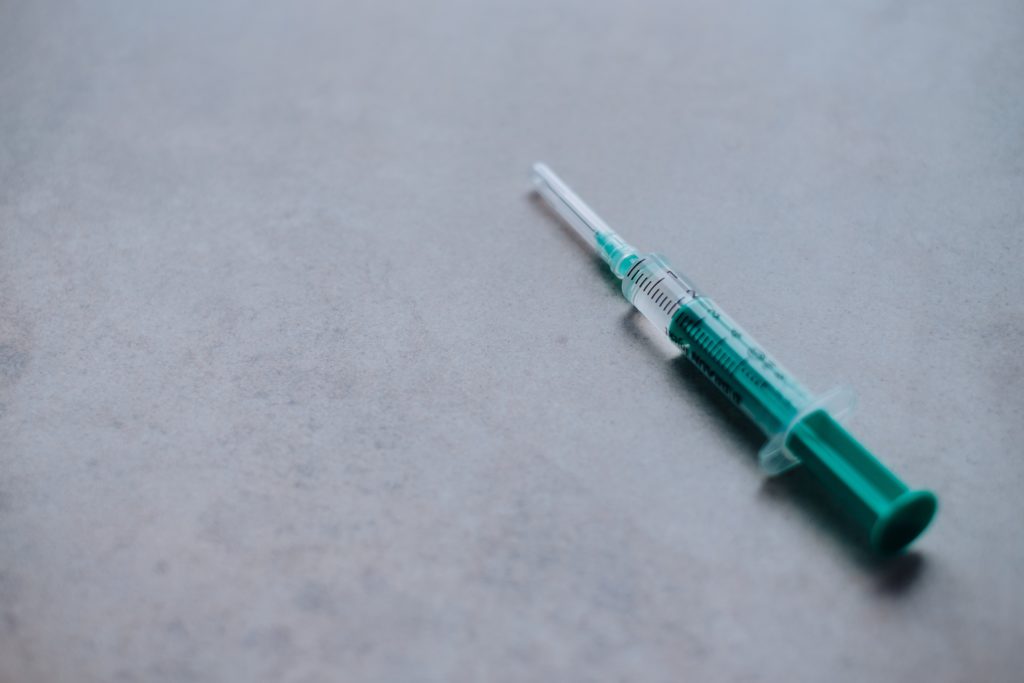
What’s So Special About Vitamin B12? Vitamin B12 has a remarkable variety of functions in the human body. It is needed to make DNA,
supports the immune system, heals the nervous system and is used for blood cell production. It is present in all animal tissue, bound to protein. In the stomach, B12 is extracted from its binding
protein by hydrochloric acid and pepsin(an enzyme). It is then attached to an intrinsic factor, made in the stomach, for absorption. The absorption takes place at the end of the intestines. So, in order to have sufficient B12, it is important to be able to make stomach acid and enzymes, and absorb the
vitamin way down the intestinal pike.
There are many factors that may make this process difficult, resulting in a B12 deficiency. Let’s talk about stomach acid. It has been estimated that up to 50% of people aged 50 and up may not produce an adequate amount of stomach acid. It worsens as people get older. What about acid
neutralizers like Prilosec, Pepto-Bismol, Tums, and other acid blockers? They are disastrous to the absorption of B12, as well as calcium. Many people are taking these medications for life, almost a sure way to become deficient. Absorption is also hindered by an infection in the stomach, such as by Helicobacter pylori, the organism usually responsible for ulcers. Any intestinal inflammatory disease makes it difficult to absorb B12. Lastly, an overgrowth of bacteria to the small intestine, such as seen in small bowel overgrowth syndrome or SIBO, can result in a deficiency of B12. The overgrown bacteria simply eat the B12 before it gets to the place where it can be absorbed. Not very nice!
Also, people with allergies and asthma, who tend to have poor digestion, are frequently deficient in this. Can vegetarians get enough vitamin B12 from their diet? The answer is unless they are eating some type of animal tissue, no. They should always take a supplement of B12 to ensure adequate levels. Progressing deficiency of B12 results in pernicious anemia. If the bone marrow does not have enough B12, it holds the red blood cells up from being released until it has an adequate amount. This results in less red blood cells to carry oxygen and bigger cells.
What are the signs of B12 deficiency? B12 helps nerve function, so one of the first signs of deficiency is numbness or tingling of the toes.
This will progress up the legs as the person continues to be deficient. There have been cases where people have been unable to walk due to prolonged deficiency. It also is important in brain function. The brain is, after all, a big mass of nerves, the most concentrated and important in the body. Deficiency may occur in older folks. It is always a good idea to try B12 therapy for older individuals struggling with memory and cognition. B12 has also been found helpful in depression. Some people just feel better when they have a B12 shot!. Because it helps to heal nerves, it is also helpful in diabetic neuropathy, sciatica and Bell’s palsy.
What other conditions may be benefitted by B12 treatment?
B12 is good for bursitis and tendonitis. Shots are painless, but repeated doses are usually required. In addition to decreasing inflammation, B12 will help to dissolve calcifications that may be formed from chronic inflammation. Cortisone shots will not reverse the calcifications. B12 sometimes helps fatigue, even when the person does not appear to be deficient.
What’s the difference in methylcobalamin and the cyanocobalamin that most pharmacies carry? Cyanocobalamin is a synthetic compound. Little is actually found in the body with the exception of smokers. Cyanocobalamin must be converted to other cobalamins such as methylcobalamin to be
active. Some people have difficulty with this conversion. Methylcobalamin is the natural and active form of B12, better for brain function and energy.
Is there a danger of taking too much B12?
Reactions to injectable and oral B12 are rare. If you suffer from some of these conditions, getting B12 may be worth a shot. (I know this was a corny way to end, but I couldn’t resist it!)